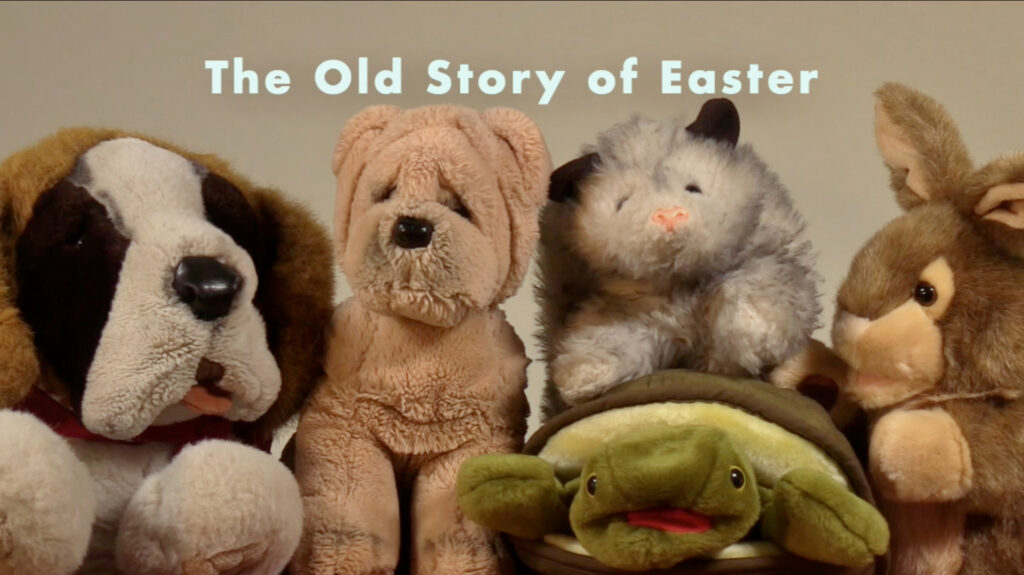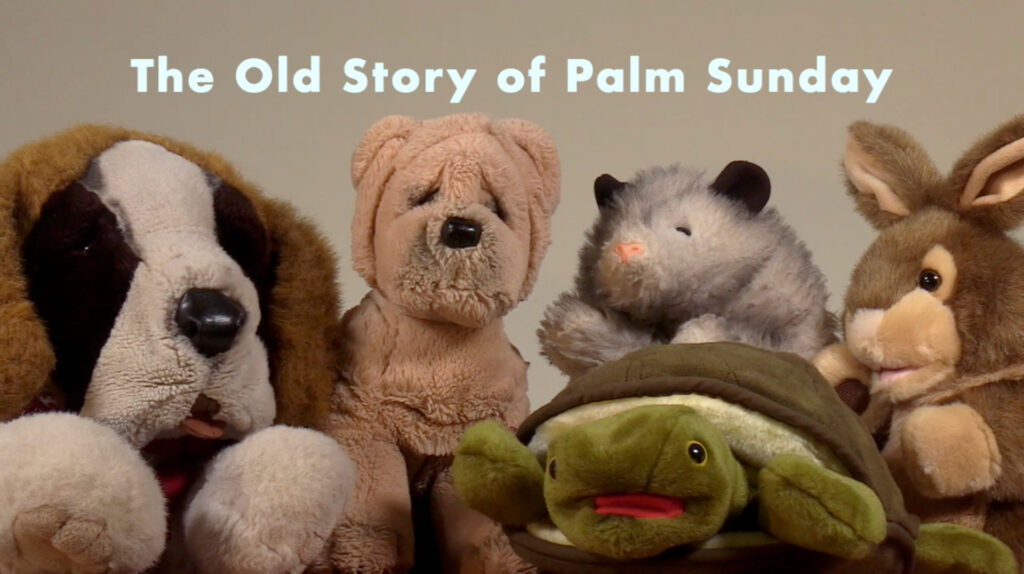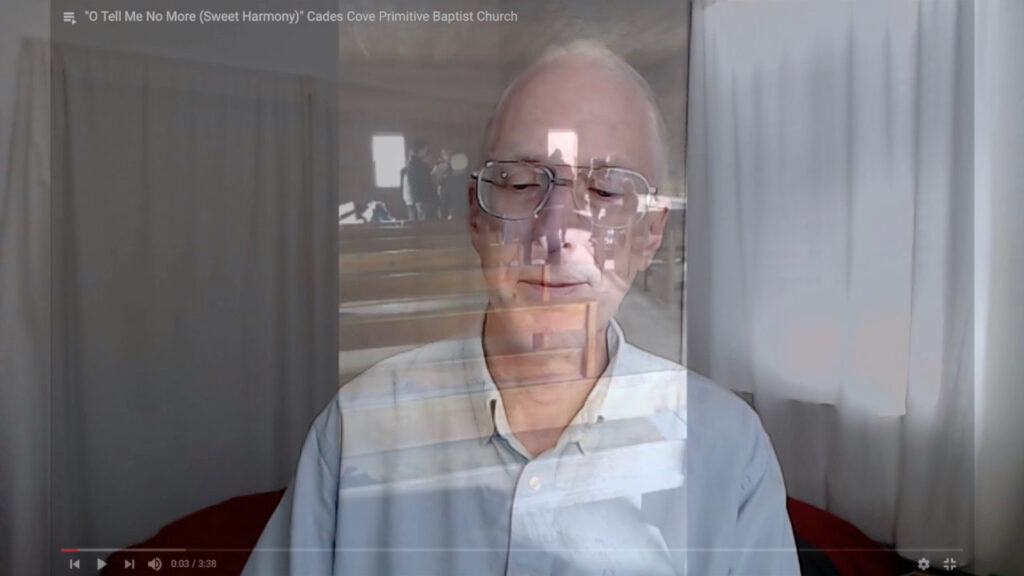Conservative Christians in the U.S. are lining up to tell us that the Israel Hamas war is a harbinger of the End Times. A number of Bible-based preachers are telling their followers to get ready for the Apocalypse.
Robert Jefress of First Baptist Church, Dallas, Tex., recently said: “We are on the verge of the beginning of the End Times…. Things are falling into place for this great world battle, fought by the super powers of the world, as the Bible said. They will be armed with nuclear weapons….”
Actually, nuclear weapons are not mentioned in the Bible….
Greg Laurie of Harvest Riverside Fellowship, Calif., recently said: “The Bible predicted hundreds of thousands of years ago that a large force from the North of Israel will attack her after [Israel] was regathered and one of the allies with modern Russia, or Magog, will be Iran or Persia.”
Well, actually, Russia is not mentioned in the Bible….
John Hagee of Hagee’s Cornerstone Church, San Antonio, Tex., recently said: “Israel is God’s prophetic clock; when the Jewish people are in Israel, the clock is running. When the Jewish people are out of Israel, the clock stops.”
Um, actually, the Bible says nothing about Israel being a clock….
Each of these three people claims belief in the literal truth of the Bible. I assume each one of them also honestly believes what he preaches. While I respect their belief that they are doing a literal reading of the Bible, looking at what they say from the outside I don’t see that any one of these three people shows evidence of a literal belief in the Bible. From my perspective, they are each engaged in substantial reinterpretation of the Bible. Their interpretations veer farther from the Bible’s text than any of the progressive Christians I know. So I think I would argue that they have actually started a New Religious Movement. While this New Religious Movement was originally based on Christianity, it now includes a large proportion of anachronistic beliefs that have little to do with Christianity.




